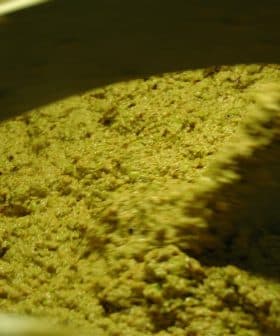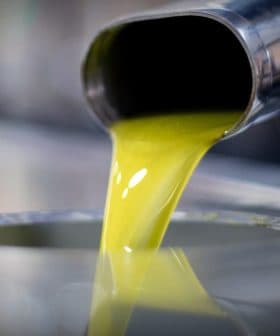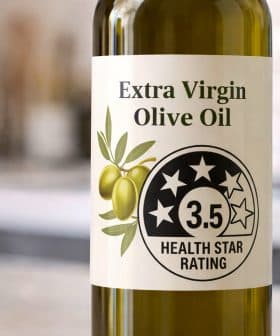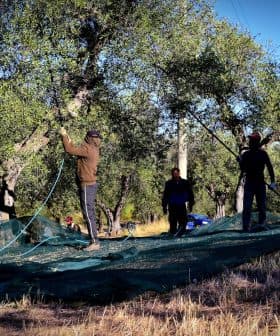Olives Grown at High Altitudes Found to Have More Antioxidants
A study found a positive relationship between altitude and levels of CoQ10, tocopherols and phenolic compounds.
A study found that olives grown at higher altitudes contain higher concentrations of CoQ10, tocopherols, and phenolic compounds, all of which are powerful antioxidants with anti-inflammatory and anti-cancer benefits. The research suggests that choosing the altitude and geographic location of olive groves can maximize the nutritional value of extra virgin olive oil, which is a rich source of CoQ10.
A new study links the altitude at which olives are grown to key health benefits.
The study found a positive relationship between altitude and levels of CoQ10, tocopherols and phenolic compounds — with olives grown at higher altitudes containing higher concentrations of the three chemical compounds.
There was a significant influence of the climatic and geographic parameters of the production zones in the composition of the oils.
All three are widely recognized as powerful antioxidants with proven anti-inflammatory and anti-cancer benefits.
extra virgin olive oil was extracted from Arbequina olives grown in 11 different regions of Brazil and Spain. Eachextra virgin olive oil was then tested for concentrations of the three chemicals at independent laboratories.
Researchers found a strong correlation between altitude, temperature and rainfall and the level of these chemicals in the EVOOs.
“When we analyzed the possible reasons for these correlations, we discovered that there was a significant influence of the climatic and geographic parameters of the production zones in the composition of the oils,” said Isabel Seiquer, the lead researcher in the study. “Positive relationships of altitude with the level of CoQ10, tocopherols and phenolics of the oils were observed. Negative correlations with rainfalls were also shown.”
The research team chose to study Spanish and Brazilian olive oil because of their juxtaposition: Spain is a long-established olive oil producer and exporter, while Brazil is a fledgling producer and rapidly growing importer.
Both also extensively grow and harvest Arbequina olives, a well-known Spanish variety.
“Due to its particular characteristics, Arbequina olives have adapted to the intensive and super-intensive cultivation in Brazil,” Seiquer said. “Different factors, including climatic and geographic aspects, can affect the characteristics and properties of the resulting olive oil. However, there are very few data about its qualities and composition.”
Of the 11 selected regions, Granada, Spain had the second-highest altitude with lowest levels of rainfall and Rio Grande do Sul, Brazil had the second lowest altitude with the highest level of rainfall.
In accordance with the research, EVOOs from Granada had the highest levels of CoQ10 with 85.3mg/L. EVOOs from Rio Grande do Sul had the lowest levels with 49.5mg/L.
The typical daily dose of CoQ10 for adults is in between 100 and 200mg making almost allextra virgin olive oil a rich source of the antioxidant.
Seiquer hopes that results of this study will help to influence where new olive groves are grown in order to maximize the nutritional value of the EVOO.
“These findings support that EVOOs are one of the best natural sources of dietary CoQ10,” Seiquer wrote in the report. “Since the current intake of CoQ10 in developed countries is not sufficient to compensate the age-related decline (of the natural synthesis of these compounds in the human body), promoting the intake ofextra virgin olive oil may be a good alternative to supplementation.”
Seiquer plans to continue her research into the health benefits ofextra virgin olive oil and said she hopes her team’s research will uncover further health benefits from the oil’s compounds.
“We have also observed that after the digestion, an improvement in the antioxidant properties of oils occurs, which is key to many of its health effects,” she said. “We would like to study which compounds are responsible for these modifications.”









